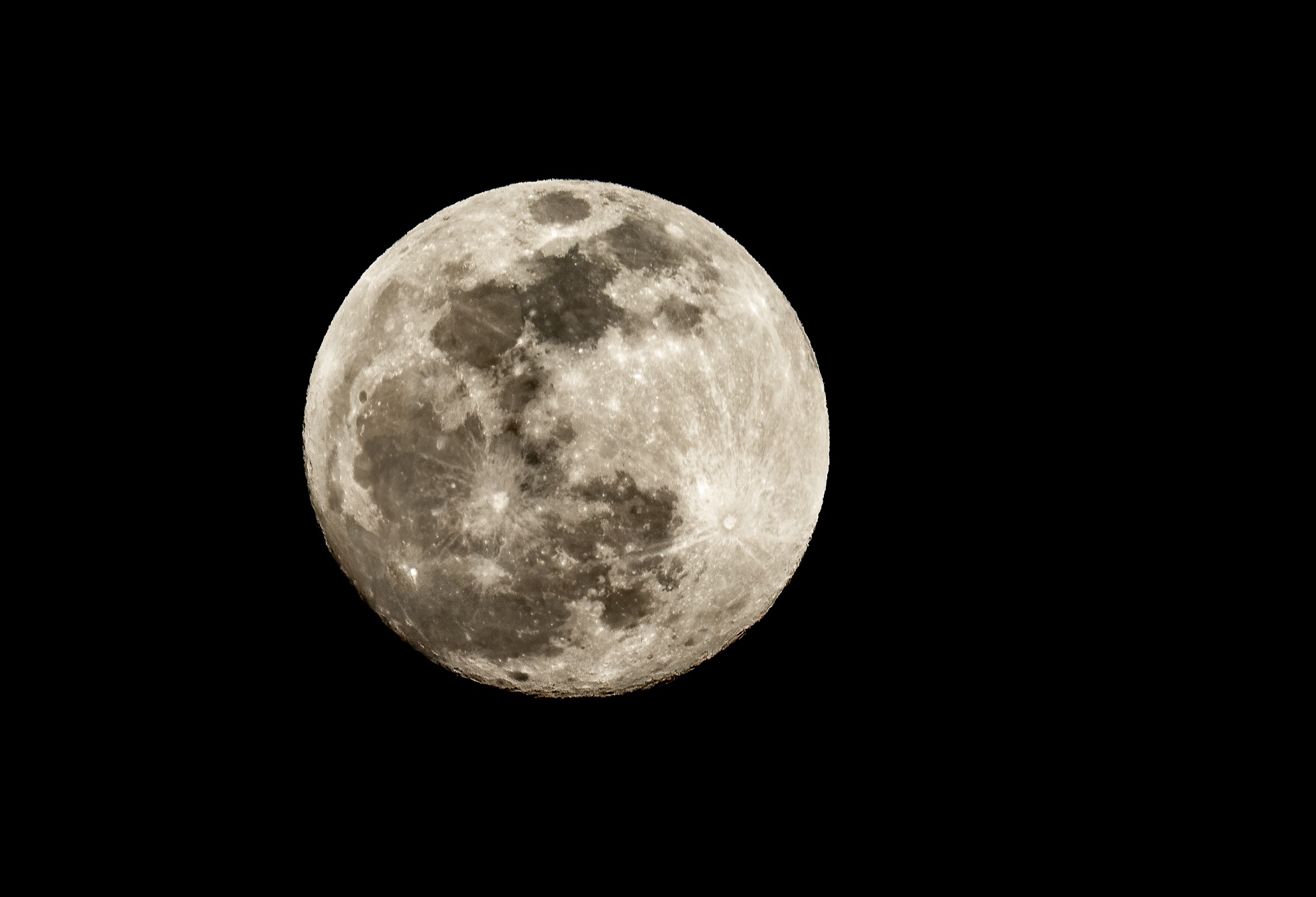As legal professionals, we are accustomed to navigating the complex and sometimes mysterious world of law. But what if we told you that the paranormal has made its way into the legal realm? In this spooky Halloween blog, we’re going to explore the eerie connections between witches, werewolves, and legal documents. So, grab your cauldron, put on your lawyer’s robe, and let’s delve into the supernatural side of the law!
The Witching Hour: Legal Implications of Witchcraft
Witches have long been a symbol of the mysterious and supernatural, but they’ve also made their presence felt in the courtroom. From the infamous Salem witch trials to modern-day witchcraft cases, the law has sometimes been intertwined with the world of spellcasting and sorcery.
One intriguing legal issue that arises in witchcraft cases is religious freedom. Wiccans and other modern pagan practitioners often find themselves in legal battles defending their right to practice their faith, which includes rituals and spellcasting. The First Amendment of the U.S. Constitution protects freedom of religion, and it’s the job of lawyers to ensure these rights are upheld.
Witchcraft also raises questions about fraud, as individuals claiming to have supernatural abilities may be sued for providing false services. Legal professionals are called upon to navigate these murky waters, weighing the line between freedom of religion and fraudulent claims.
Beware the Full Moon: Legal Quandaries with Werewolves
Werewolves, those shapeshifting creatures that transform under the full moon, might seem far-fetched, but they’ve made appearances in legal cases as well. While these cases might not involve actual werewolves, they do raise legal questions related to identity and responsibility.
One case that illustrates the intriguing intersection of werewolves and the law is People v. Andrews from California. In this case, Mark Alan Andrews was convicted of first-degree murder in a bifurcated trial, which involves two stages: determining guilt in one phase and mental state and sentencing in the second phase. The critical issue at the trial was whether Andrews was sane at the time of the murder, a factor that could impact the degree of his culpability.
On appeal, Andrews argued, among other things, that the trial court erroneously excluded a psychiatrist’s expert testimony on impulsivity during the guilt phase of the trial. The expert’s testimony revealed that Andrews suffered from schizophrenia, and when he failed to take his medication, he sometimes believed he was a werewolf. At the time of the crime, Andrews was under the delusion that his victim was a vampire, and he believed he had been commanded by God to kill her. This delusion raised questions about his state of mind and whether he possessed the necessary malice required under the penal code to commit first-degree murder.
During the trial, the court allowed the psychiatrist to testify about Andrews’ delusions, his belief in being a werewolf, his conviction that the victim was a vampire, his belief that God had ordered the killing, and the connection between his schizophrenia and impulsive behavior. However, the court did not permit the expert to offer an opinion on whether Andrews had malice at the time of the murder.
Despite Mr. Andrews’ howling at the moon, the court upheld the limitations on the expert’s testimony as proper. This case serves as a prime example of the intricate legal questions surrounding the state of mind of individuals who may believe they are supernatural creatures such as werewolves, and whether these beliefs can impact their criminal culpability.
Supernatural Contracts: The Devil in the Legal Details
The paranormal isn’t just about creatures of the night. It’s also about the deals we make with the devil. In legal history and folklore, there are tales of individuals making Faustian pacts, selling their souls to dark forces in exchange for power, wealth, or immortality.
These stories raise fascinating legal questions about the validity of such contracts. Can a contract with the devil be legally binding? Lawyers have explored this question from various angles, considering issues of capacity, duress, and the impossibility of fulfilling such contracts. While the devil might be in the details, the law is tasked with sorting them out.
Conclusion
As legal professionals, we navigate a complex web of laws and regulations daily. However, the paranormal’s influence on the legal world is a reminder that the law can be just as mysterious and intriguing. From witches exercising their religious rights to the legal implications of lycanthropy and supernatural contracts, the law remains a dynamic field, forever adapting to the challenges that arise.
This Halloween, as you reflect on the eerie and enigmatic aspects of the law, remember that the real magic happens when dedicated legal professionals use their knowledge and expertise to ensure justice prevails, even in the face of the paranormal. Happy Halloween, and may your legal documents always remain free from curses and hexes!












